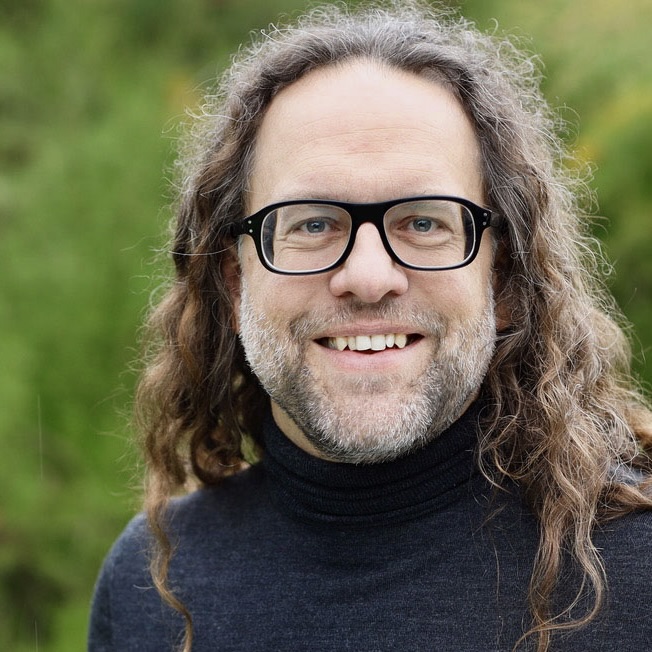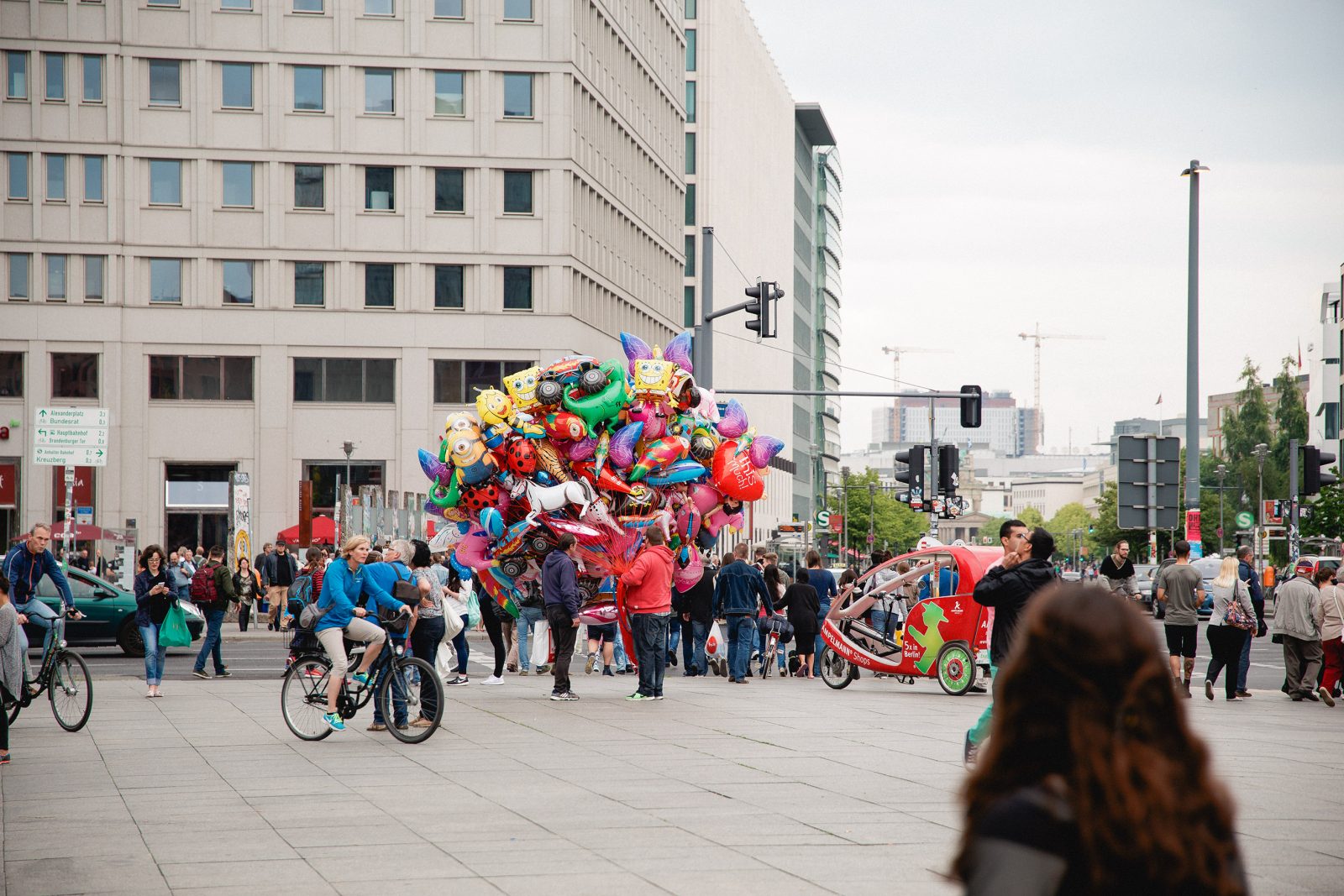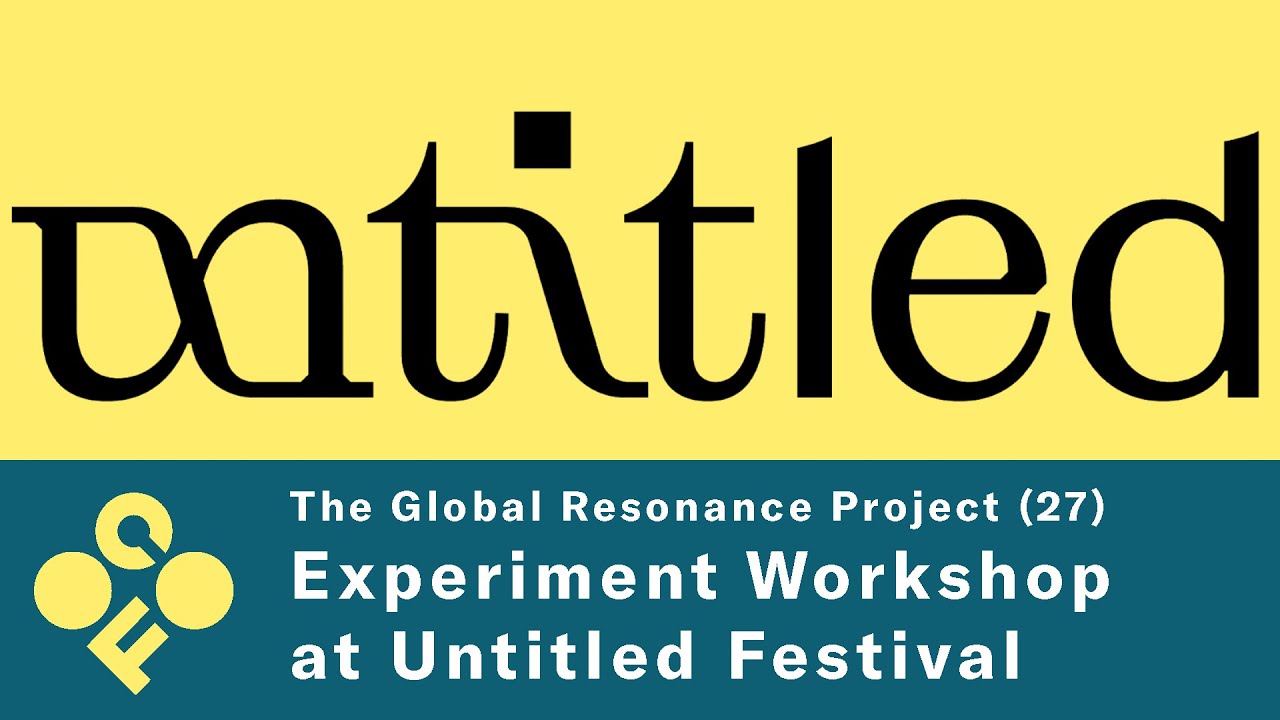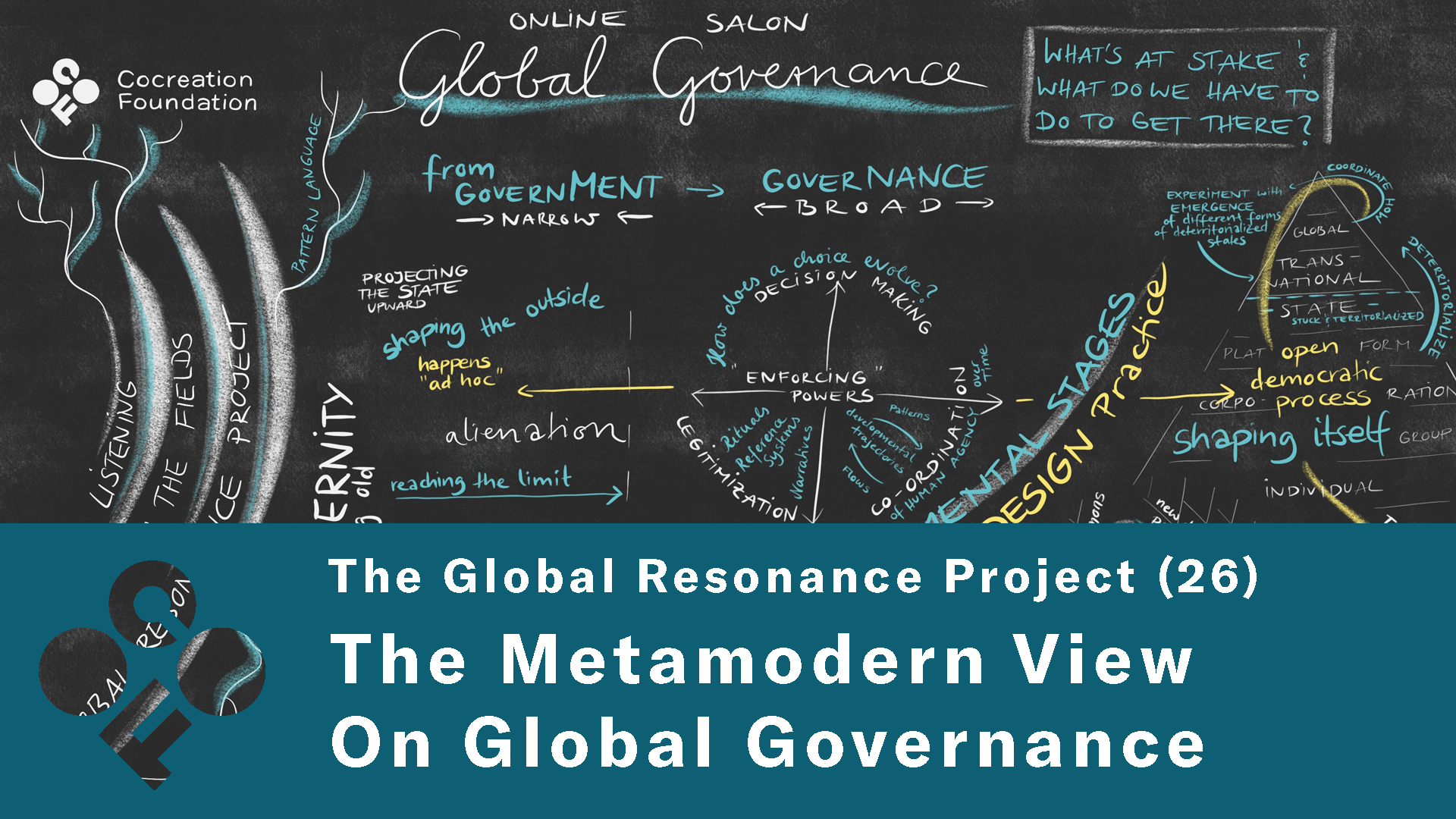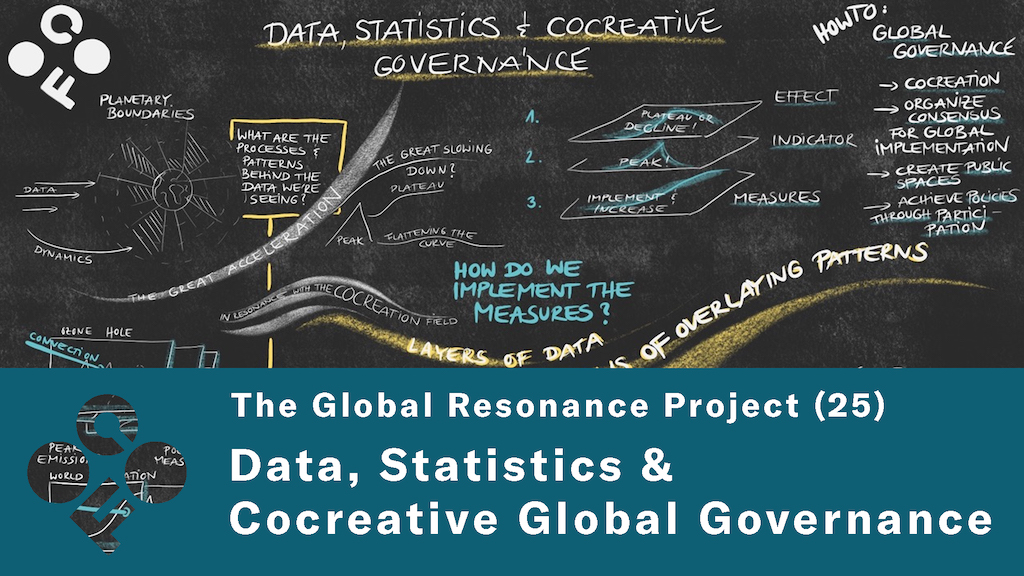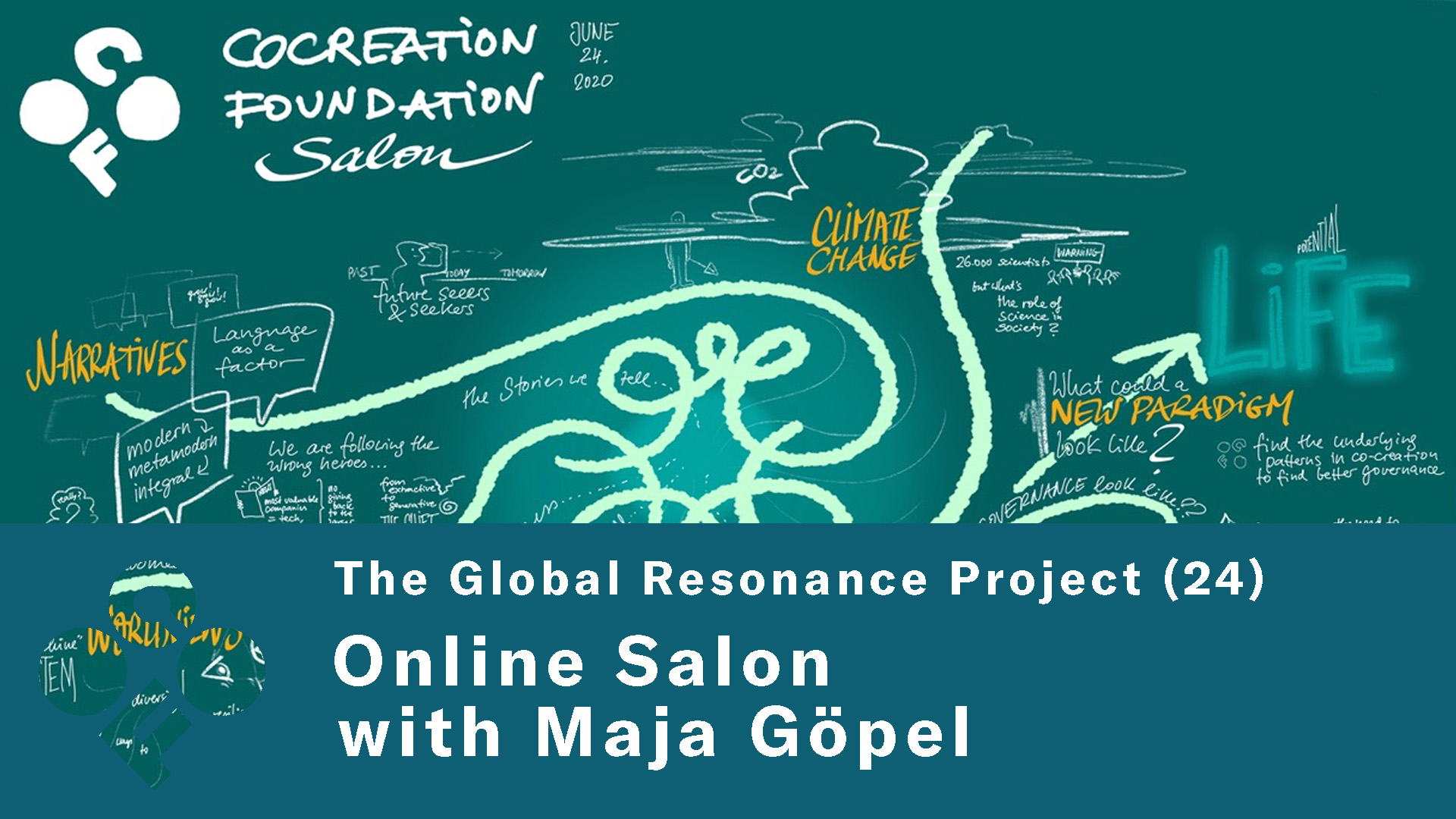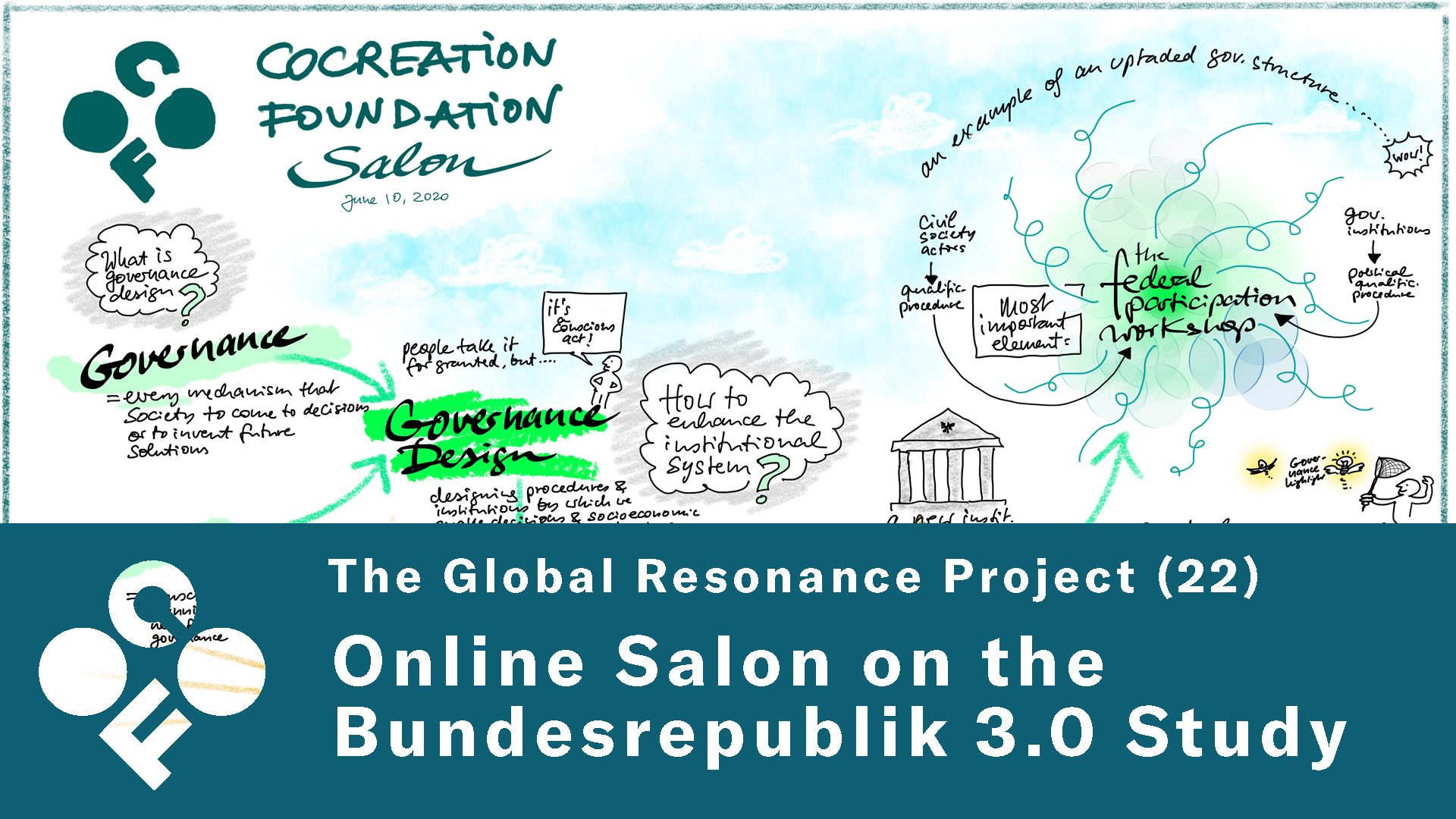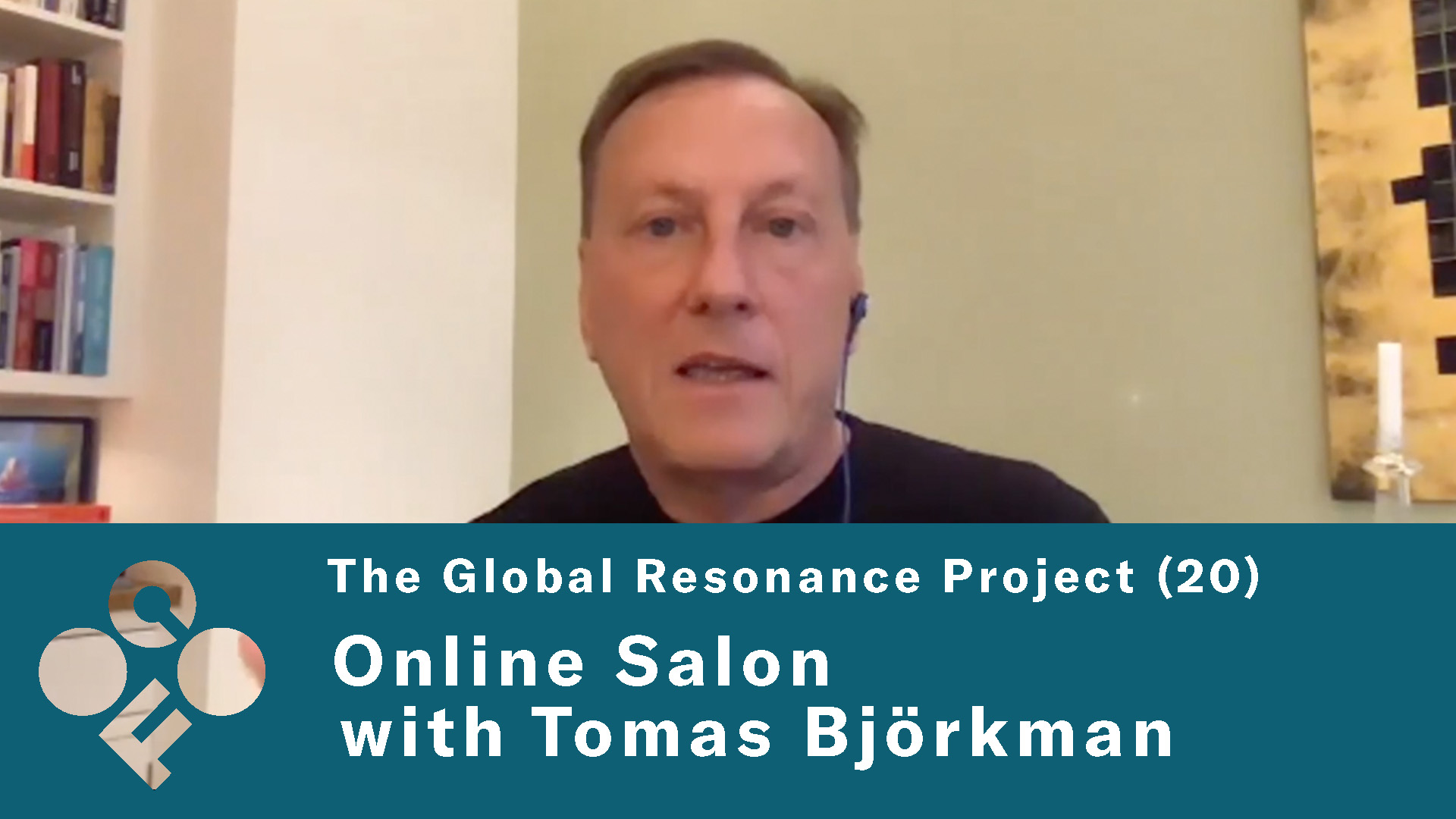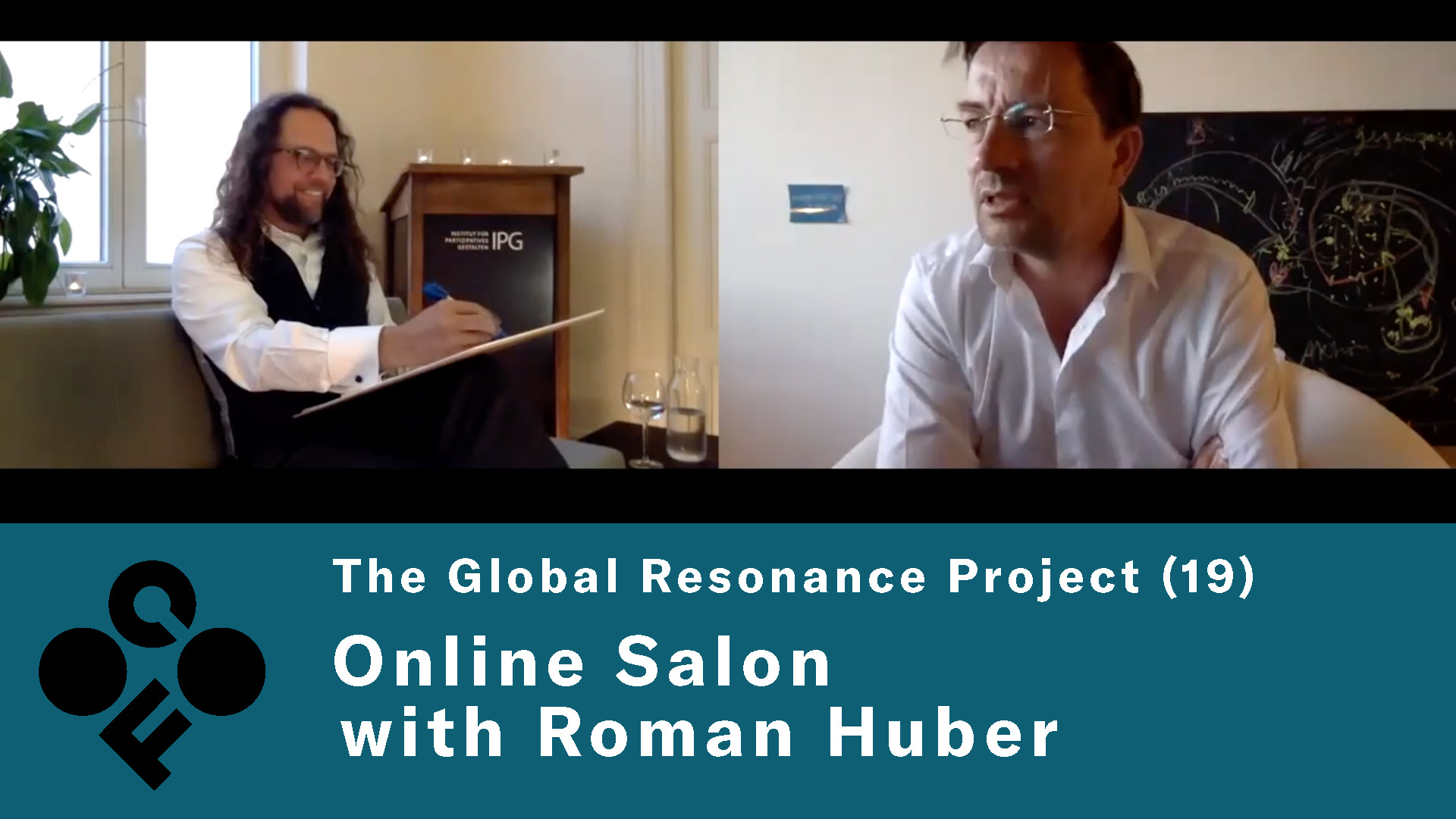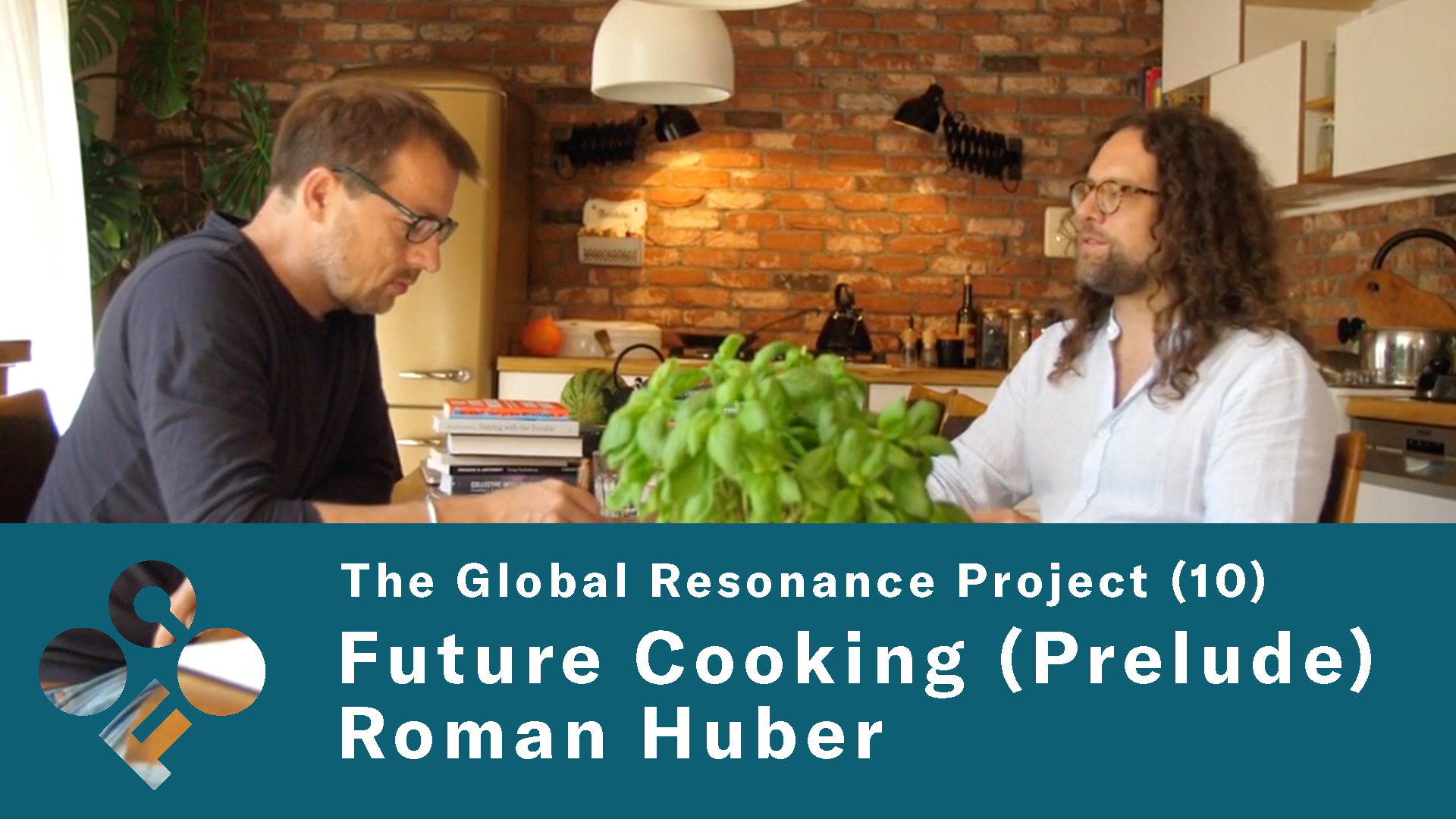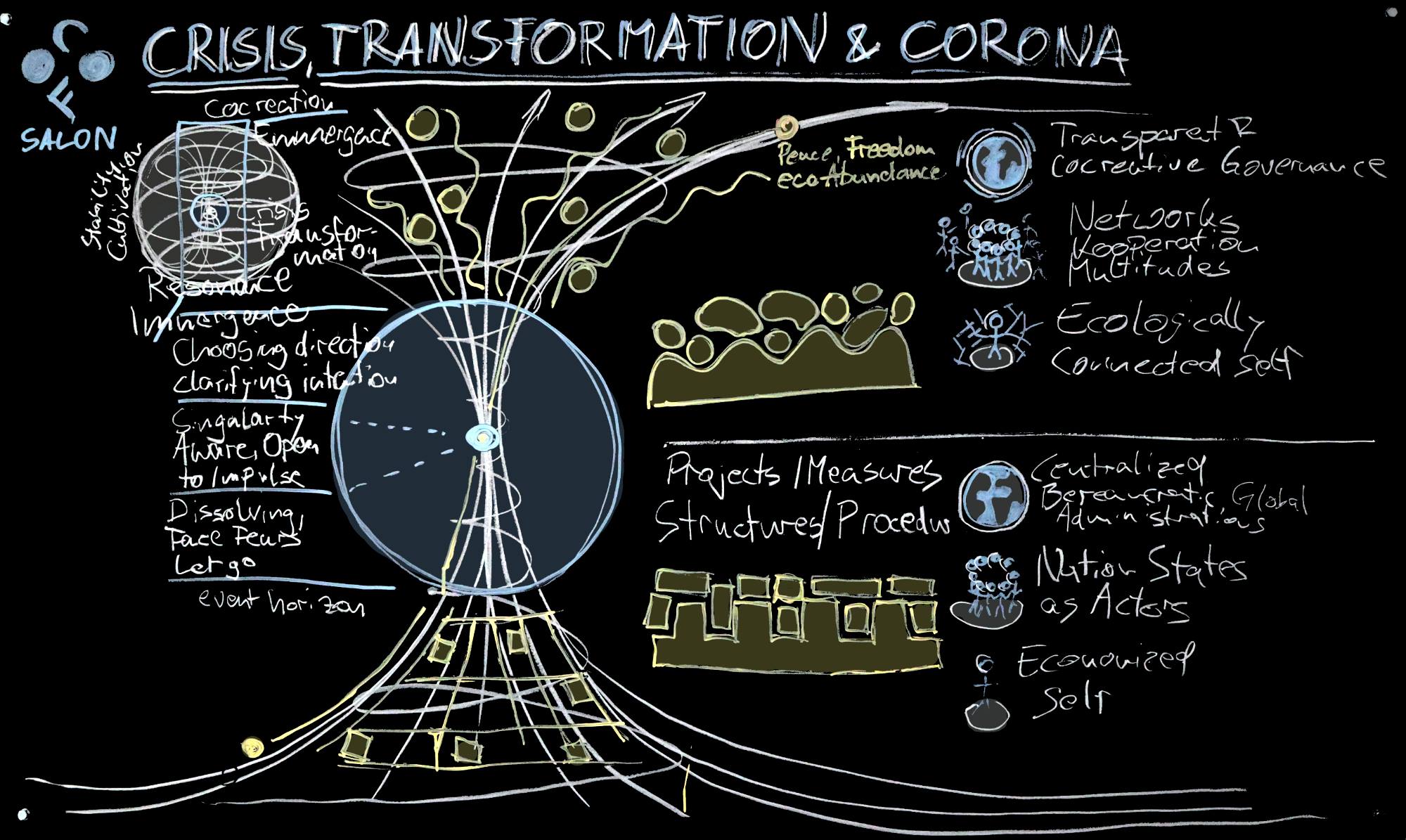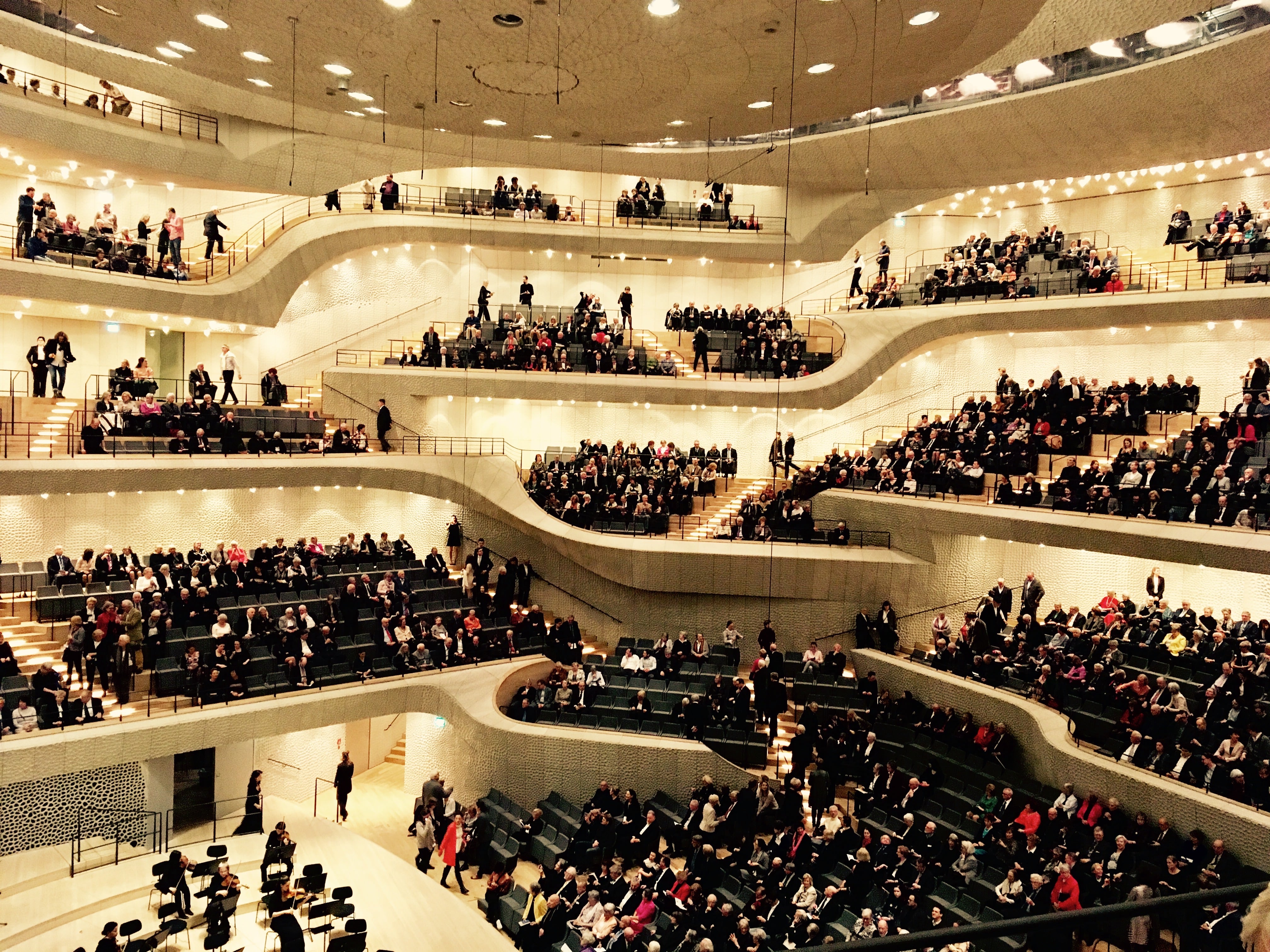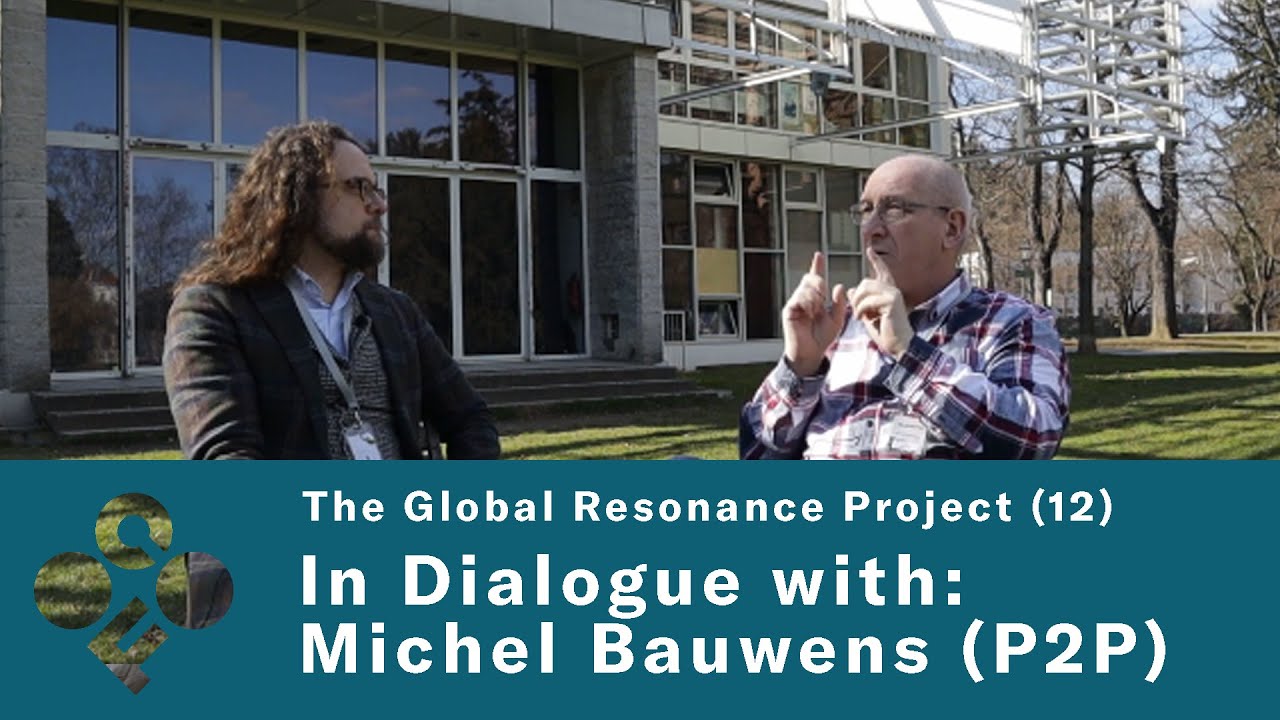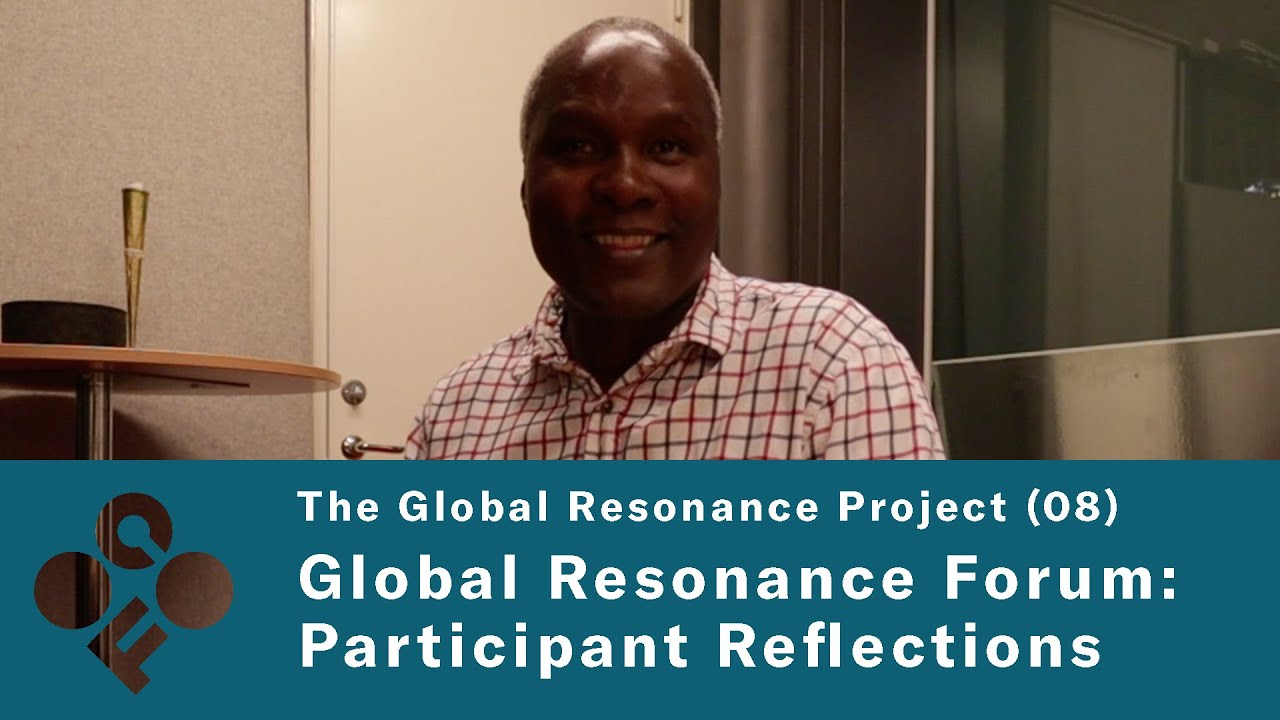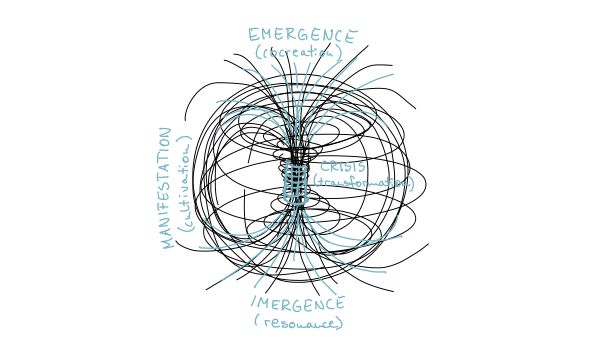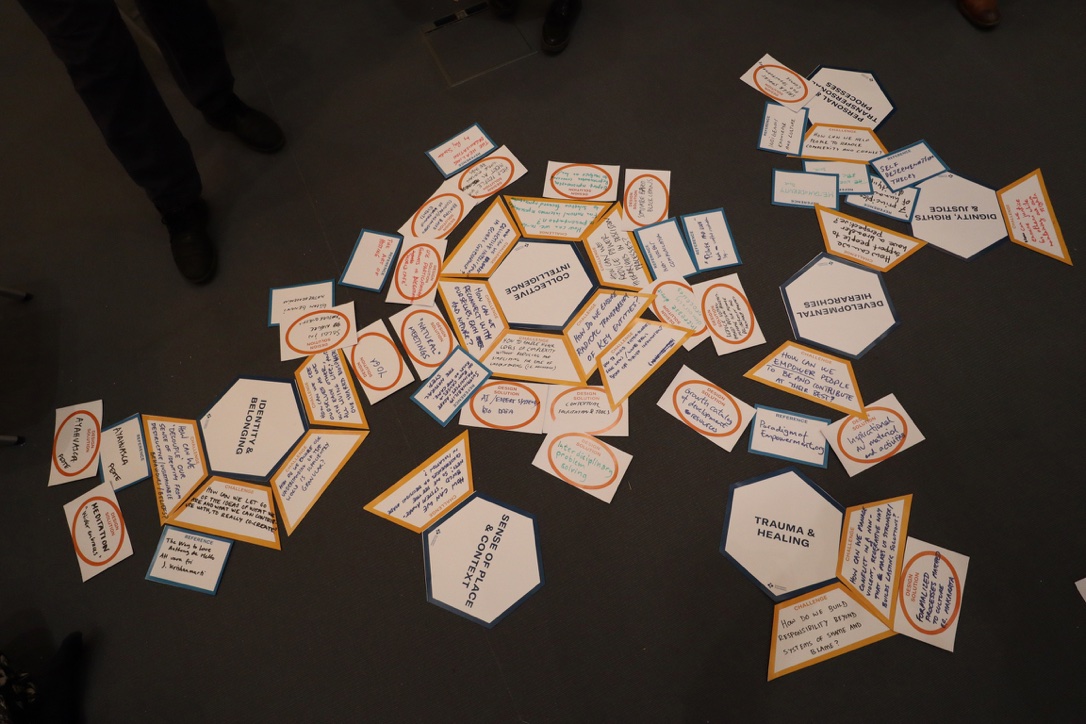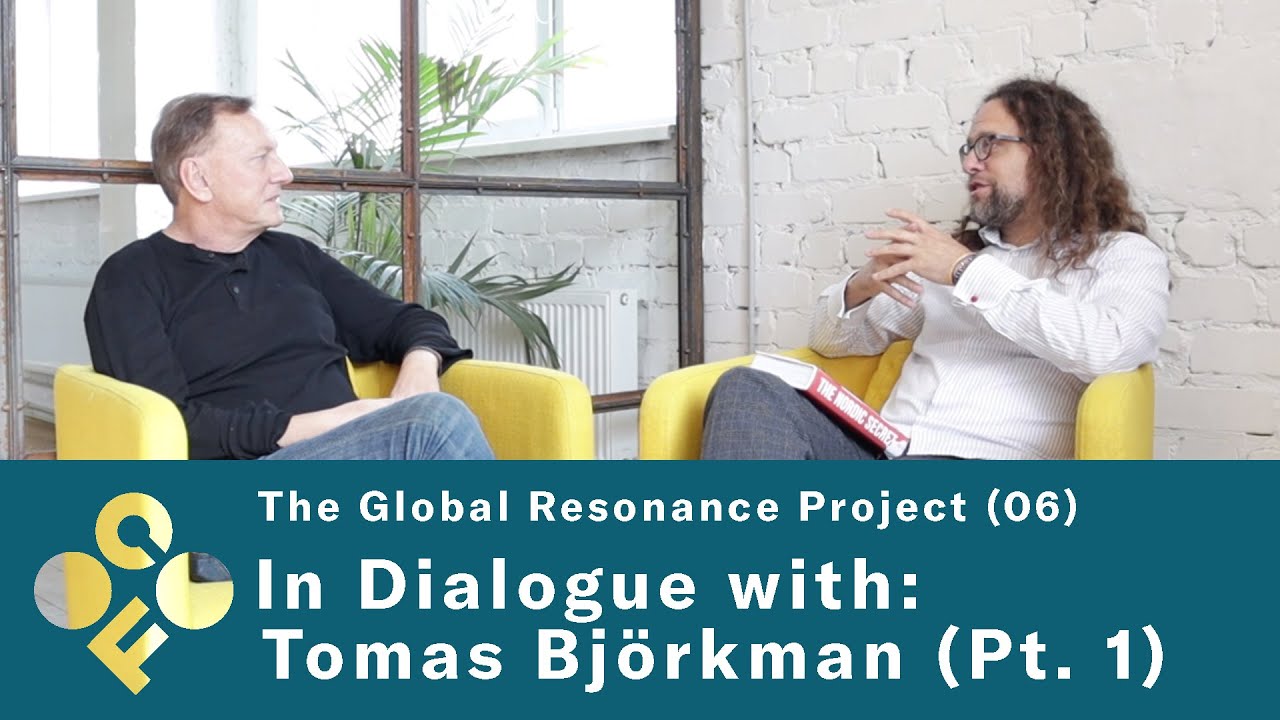PROBLEM STATEMENT AND CONTEXT
Over 70% of the laws passed by the Bundestag in the last legislative period were introduced by the federal government. The bills were drafted in the federal ministries and passed in the cabinet. This impressively demonstrates at least a quantitative superiority of the executive over the legislature. And even bills that come out of the parliament are often based on drafting aids that previously came from the federal government.
The current legislative process presents many essential challenges concerning normative demands for high democratic participation, transparency, professional stringency and political effectiveness. Our thesis is that the first draft of a law (usually internal to the house or government) is not optimized in terms of technical competence, diversity of social perspectives and political effectiveness, as the procedure should guarantee. The primary political orientation, the quality and the majority of mistakes are determined in this first draft and are insufficiently corrected and revised afterwards.
With our project, we want to address these challenges and present innovative proposals to suggest reforms for the legislative process.
In doing so, we have identified the following problem areas to which we want to pay special attention in this project:
Influence in the run-up to legislation:
Well-resourced, well-organized groups have significantly more significant influence and opportunities to place issues than other, more marginalized groups.
Lack of evidence base and standards:
Evidence base is missing: (1) in the identification of a need for a law; (2) in the drafting of the law; and (3) in the evaluation of the proposal by the Bundestag based on (1) and (2) and other criteria already defined at the time of adoption.
Moreover, there is a lack of standards, criteria and a shared understanding of “good” or “better” legislation at different levels of politics and administration.
The potential of participation is too rarely used in legislative processes: (1) Large regulatory projects with politically imposed short deadlines usually only allow for sham participation.
(2) Formal participation often occurs only at a (very late) procedure stage, when the course has already been set. Furthermore, it often takes place with very short deadlines.
(3) Opportunities for early participation (= at the beginning of drafting the law by a department) are rarely used and are not transparent. (4) Additionally, participation opportunities are often non-transparent and inaccessible for many societal actors. Apart from a lack of political will, this is often due to a lack of methods, instruments and procedural models.
Federal participation is to be criticized, too: states, municipalities, etc., are not sufficiently involved at an early stage.
Division of labor between politics and administration:
In many legislative processes, there is a lack of transparent and shared descriptions of binding goals. Too early concrete definitions of solutions and tight time limits on the political side narrow the space for developing impact-oriented and practicable laws.
The work mandate often already contains a solution and thus a massive narrowing of the scope.
Strong continuous influence by the federal government (especially in the case of politically relevant projects) with constantly changing deadlines and content-related requirements make it difficult to draft the legal text in a well-founded manner.
Interdepartmental and sectoral cooperation:
While there is a lack of collaboration tools at the technical level, the operational exchange beyond the formal requirements of the house vote is often dependent on the individual attitude and networking of the leaders. For efficient processing, there is sometimes a lack of overarching planning (resources, deadlines) of legislative projects and corresponding resource allocation. Consequently, early participation time windows are not recognized and used to their full potential.
A systemic, interdepartmental approach is usually completely lacking.
Legal competences:
There is no methodological support for project management, participation formats, content design, etc.
Systematic training in legal competence, including a greater appreciation of the necessary non-legal methodological skills, does not exist and is usually not brought along by previous training and experience. As a result, teams are neither put together in line with needs nor the necessary diversity of competencies, and the use of existing knowledge in legislative preparation is not organized efficiently.
Knowledge management:
There is a lack of knowledge transfer between the administration and parliament: the political need for a law is often disconnected from the technical support in the departments. Members of parliament (especially the opposition) have no access to information gained in the process of ministerial preparation of legislation. Parliament replicates what is already practiced in the ministries. Moreover, it is not understandable for parliament why certain decisions in favor/against options for action have been made in the ministries. As a result, parliament and administrations often use different sources, particularly their own ‘bubbles’.
Lack of traceability concerning participation/influence:
It is unclear which external actors are involved in the legislation, when and in what way, and how this involvement affects the legislative text. There are indications that this favors economically strong interests and that weak interests organized in civil society are heard late or not at all.
OBJECTIVE
We have four objectives with this project:
We want to review the challenges presented in the problem description to determine to what extent draft laws are changed in content and how the further legislative process optimizes them. We also want to determine at what stage changes occur to the drafts, how far-reaching these are and whether the current legislative process delivers satisfactory results measured against its own demands. This investigation should provide information on those aspects of the procedure where the legislation can and must be improved.
We want to communicate the results of this study publicly and open them up to social discourse.
We want to continue by developing approaches and prototypes for better, more innovative, more transparent and more participatory legislative procedures in an open co-creative process with representatives of civil society organizations and invited experts.
We want to subject two of these prototypes to a real-life test to gain insight into which methodological approaches and procedural steps significantly optimize the quality of a legislative procedure. The ultimate goal is to be able to make concrete recommendations for a reform of the legislative process based on the experience gained from these tests. We strive to provide a model for a legislative procedure that can be implemented in an actual legislative project.

